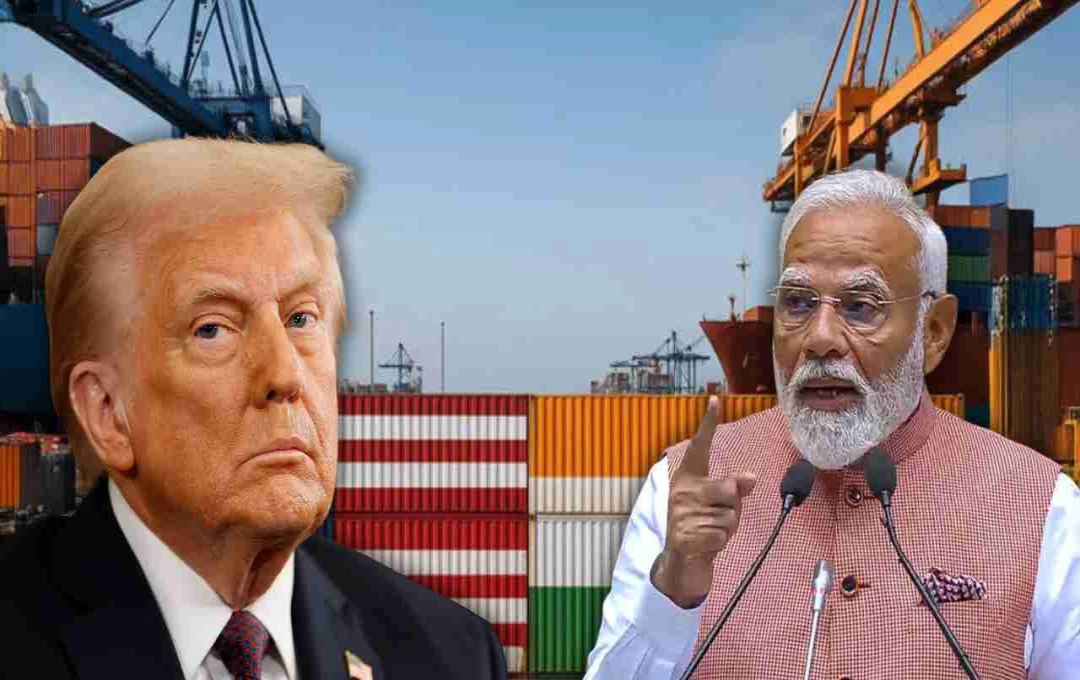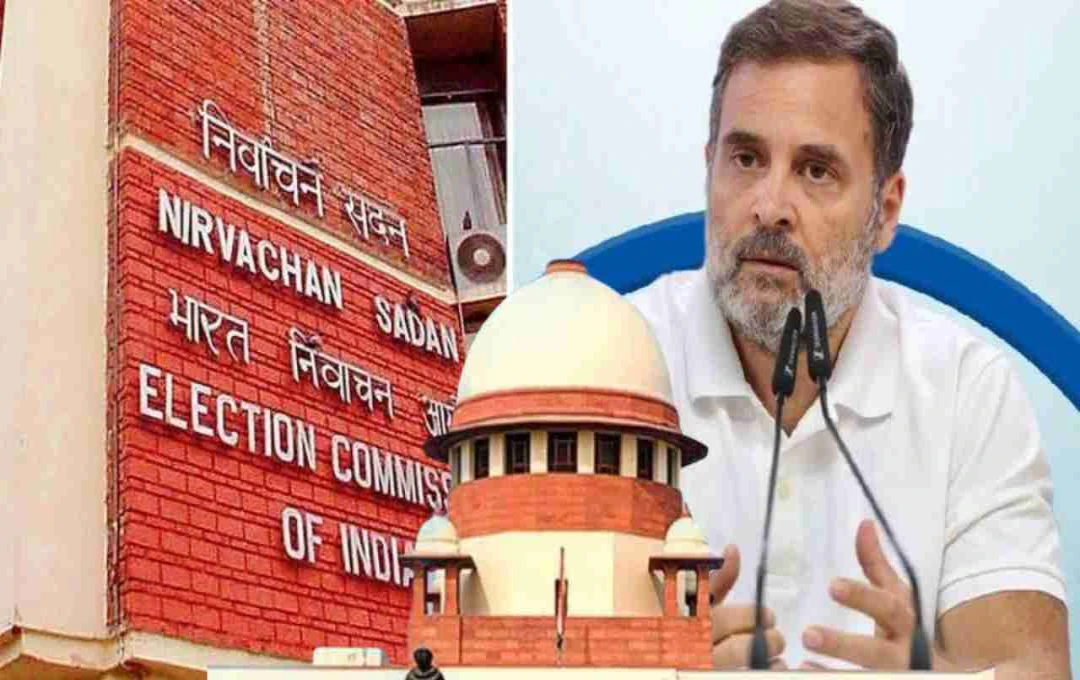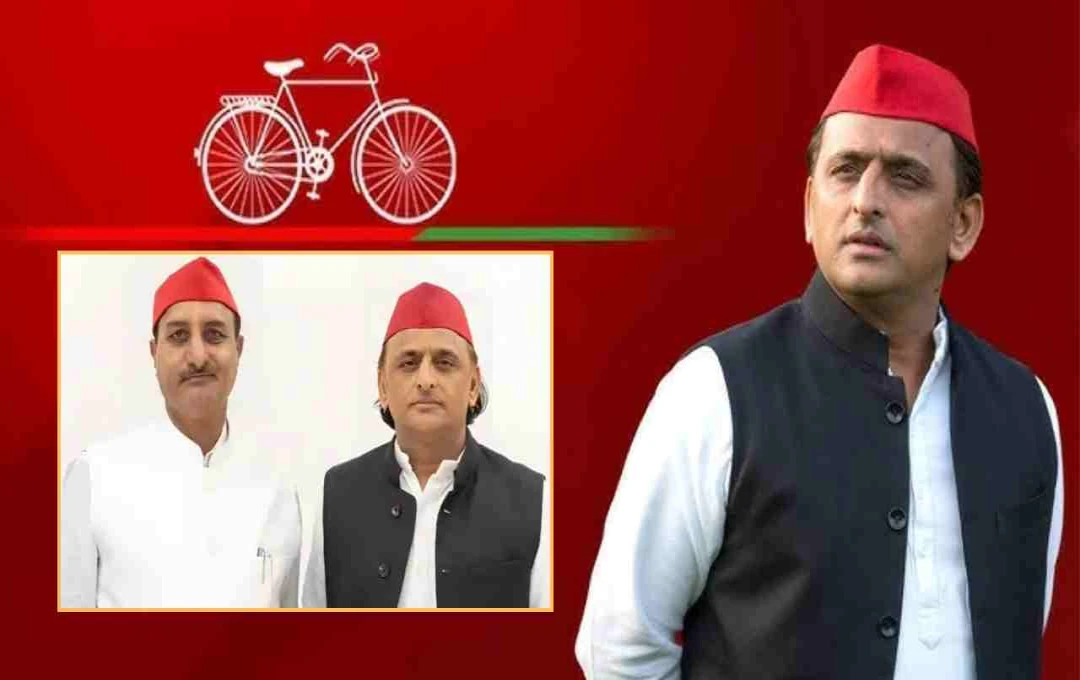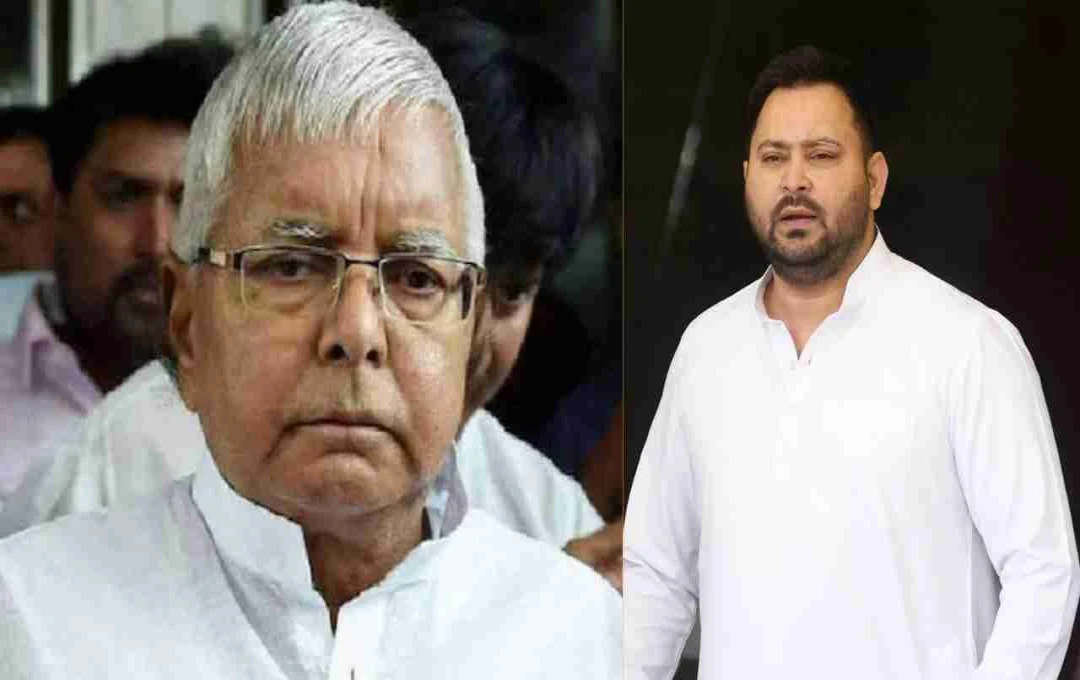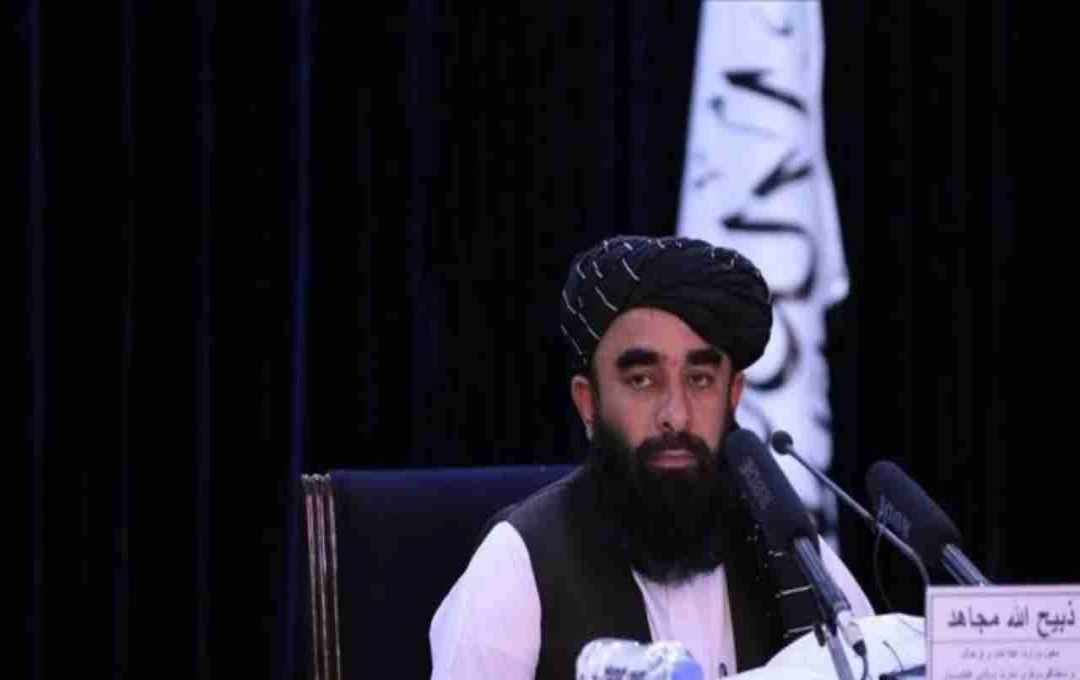India has not reached an agreement with the US in the mini trade deal on rice, dairy, and wheat. The decision now rests with the US before July 9.
Trade Deal: India has clarified its stance on the potential trade agreement (Trade Deal) with the United States. India has made it clear that there will be no agreement on rice, dairy, wheat, and genetically modified crops. The decision now rests with the US. If no concrete decision is made by July 9, the 26% reciprocal tariff imposed by the US may be reinstated. Thus, both countries are now focused on the July 9 deadline.
Responsibility on the US to make a decision now
There have been long-standing talks between India and the US regarding an interim or mini trade agreement. According to sources, India has now fully clarified its position. Indian government officials have stated that the discussions that were to take place have concluded and no new rounds of talks will be held.
India has submitted a fair and balanced proposal to the US, which includes special provisions, keeping in mind the interests of Indian farmers and consumers. Officials say that it now depends on the US whether it accepts this proposal or not.
On which issues India has drawn a red line
India has clarified that it will not subject its agricultural sector to any imbalanced trade terms. Specifically, the products on which India has declined to reach an agreement with the US are:
Rice: India is the largest exporter of rice in the world. Despite pressure from the US, India is not ready for any changes in this area.
Dairy Products: The Indian dairy industry is linked to the livelihood of millions of rural families. The US wants India to open up more markets for dairy products, but India has refused any agreement on this.
Wheat: India has also shown strictness regarding wheat imports.
Genetically Modified Crops: India's stand on this issue is also clear. Considering health and agricultural safety, India is being cautious about these crops.
Discussions on steel, auto, and aluminum also within a limited scope
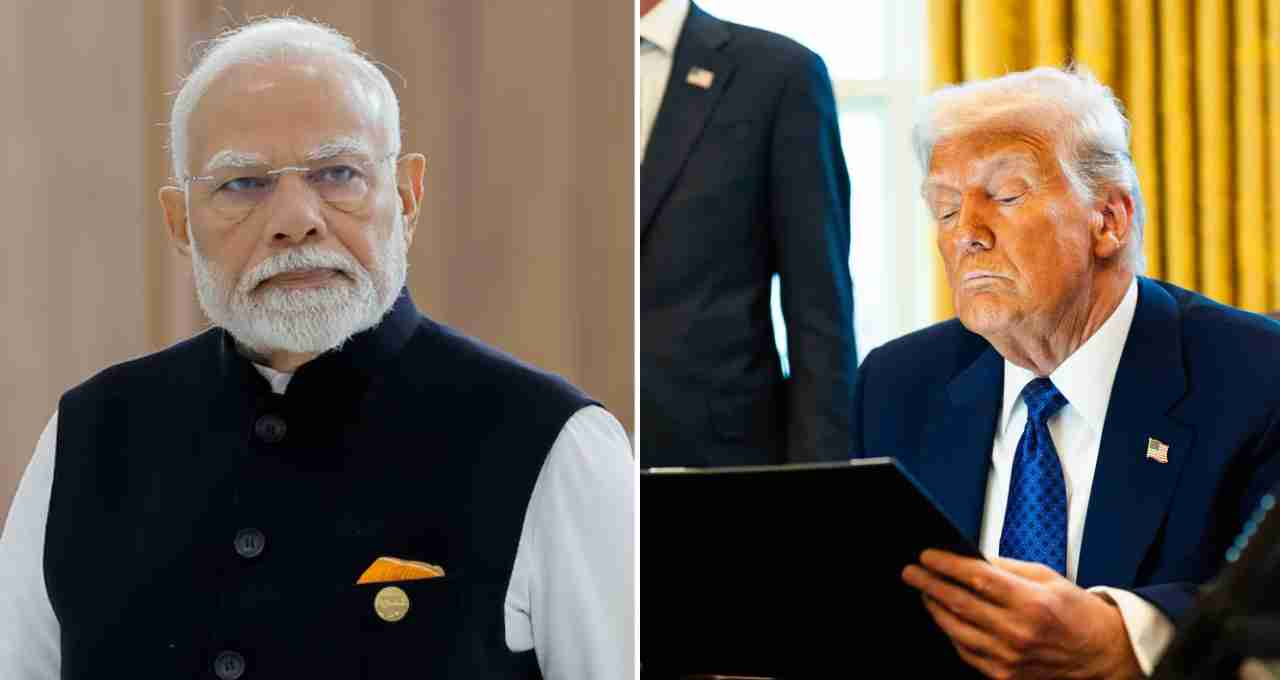
Among the issues on which a potential consensus can be reached between India and the US are some industrial sectors such as steel, auto, and aluminum. However, India is not in favor of giving regional tariff exemptions on these sectors either. According to officials, limited consensus can be reached on these sectors in the interim trade deal, but that too by keeping national interests in mind.
Announcement may be made before July 9
According to a PTI report, if the US accepts India's proposal, the formal announcement of the trade agreement may be made before July 9. This agreement will be the first step towards a bilateral trade agreement (Bilateral Trade Agreement).
In February, India and the US started discussions on the BTA and decided that the first phase would be finalized by September-October. Before that, both countries are working on completing this interim agreement.
What will happen if no agreement is reached
If no agreement is reached by July 9, the 26% reciprocal tariff previously imposed by the US may be reinstated. It is noteworthy that on April 2, 2025, the US imposed this additional duty on some products coming from India. However, President Donald Trump had temporarily suspended it for 90 days.
Currently, the US's 10% baseline tariff is still in effect. India demands that the US completely withdraw the 26% tariff to maintain balance in trade.
India's clear stance
Commerce Minister Piyush Goyal reiterated last week that India will not enter into any trade agreement merely under the pressure of deadlines. He said that agreements will only be made if they are in accordance with India's national interests.
He said that any trade deal can only be successful when it benefits both countries equally and is sustainable in the long term. India is always ready to make agreements with developed countries, but 'national interest is paramount' is our priority.
